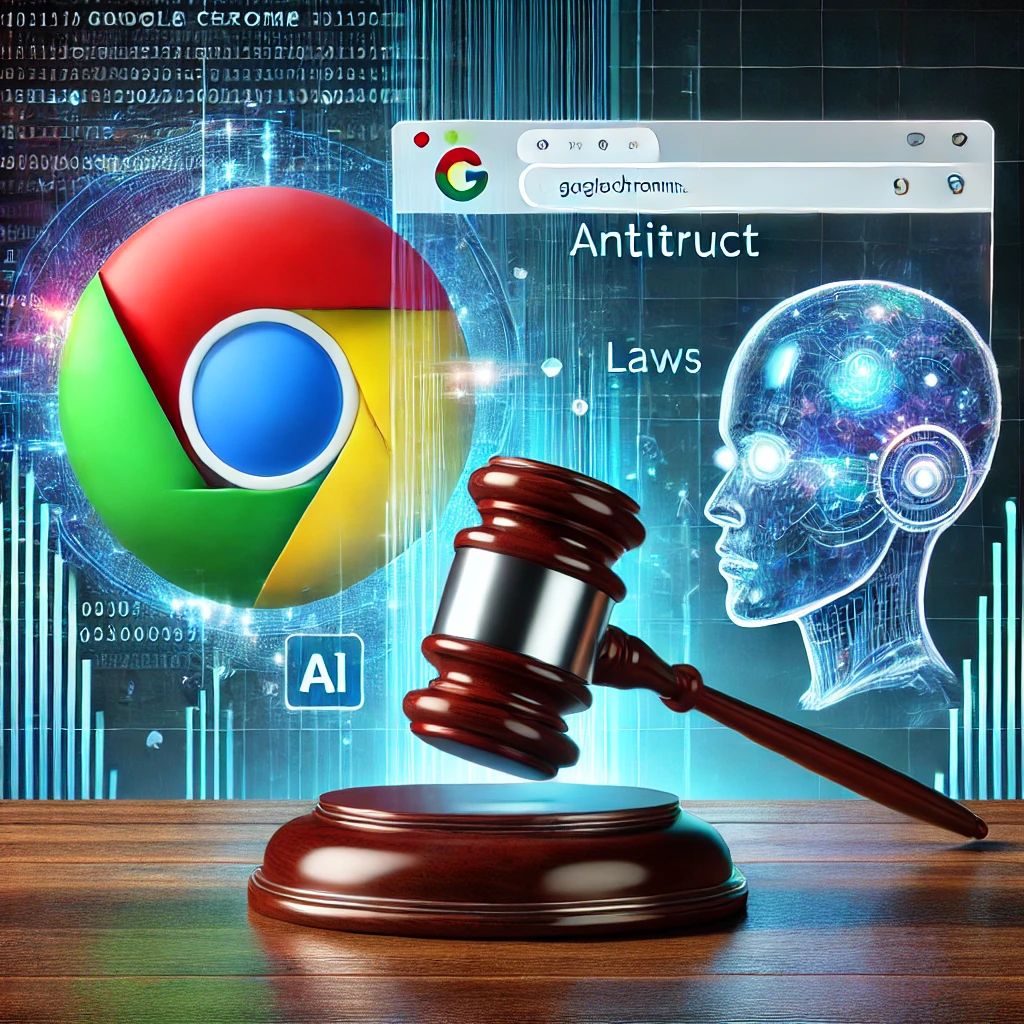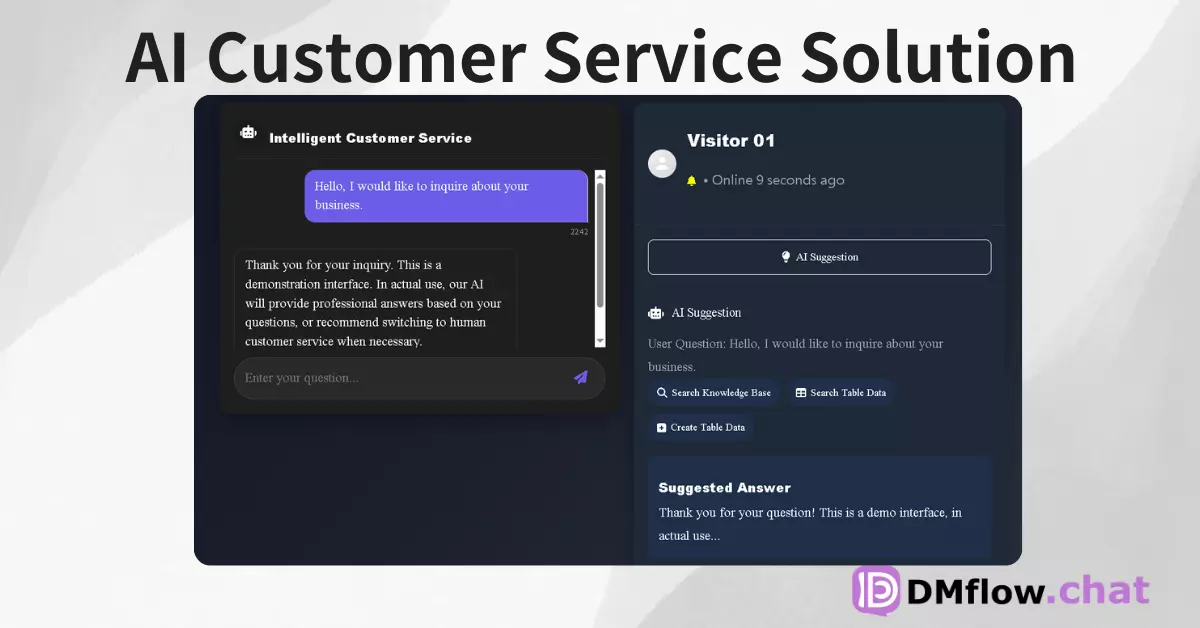Google Faces New Challenges: Antitrust Pressure and OpenAI’s Browser Impact
Introduction
Google is under focus again due to monopoly issues. Recent news suggests that OpenAI may launch an AI-powered browser with ChatGPT, aiming to challenge Google Chrome’s dominance. This competition between tech giants not only impacts the market but also reshapes the future of browsing and online interaction. This article analyzes the latest developments in Google’s antitrust case and the potential impact of OpenAI’s browser.

Latest Developments in Google’s Antitrust Case
Chrome Browser May Be Forced to Sell
The U.S. Department of Justice has increased accusations of Google’s monopoly and may demand it sell its key product—Chrome browser. As the most widely used browser globally, Chrome’s future is crucial.
- Revenue Connection: In 2023, over half of Google’s income came from search-related services, with Chrome being a major tool to attract users to Google Search.
- DOJ’s Goal: To prevent Google from maintaining its monopoly through products like Chrome and Android.
Potential Impacts:
- If Chrome is split and sold, it could directly harm Google’s ads and search business.
- Strategic adjustments in ChromeOS may become Google’s new approach.
Potential Threat of OpenAI’s AI Browser to Chrome
Concept of AI Browser
OpenAI plans to launch a browser combining ChatGPT, focusing on AI features to transform user experience:
- Natural Language Interaction: Users can talk directly to the browser with ChatGPT, changing the traditional click-and-type method.
- Enhanced Search: With SearchGPT, OpenAI aims to create a smarter search system.
Although the browser is still in its early concept phase, OpenAI has already hired key Chrome developers, including Ben Goodger and Darin Fisher.
OpenAI’s Recent Actions
- Business Collaborations: OpenAI is exploring partnerships with companies in travel, real estate, and retail to apply AI search features.
- Expanding Mobile Market: Negotiating with Samsung to bring AI features to Galaxy phones, challenging Google’s dominance in mobile devices.
Impact and Challenges
- Market Impact: AI-powered browsers might attract users seeking smarter interactions.
- Technical Challenges: Developing a browser and changing user habits take time. Whether OpenAI can quickly enter the market is still unknown.
Source: The Information
Competition Among Tech Giants
Google’s Strategies
Google is preparing to counter OpenAI’s competitive threats:
- AI Upgrades: Strengthening its position in Samsung devices with Gemini AI.
- Search and Ad Improvements: Innovating search technologies to protect core revenue streams.
OpenAI’s Advantages
- Leading AI technologies like ChatGPT and SearchGPT.
- Free from traditional browser design limits, creating new user experiences.
FAQ: Future of Market and Technology
When Will OpenAI’s Browser Launch?
It is still in the early planning stage, with no confirmed timeline.
Will AI Browsers Replace Traditional Browsers?
AI browsers may complement the market, especially in search and interaction areas, but traditional browsers still hold advantages.
Could Google Lose Its Search Market Leadership?
While competition is rising, Google’s large user base and resources ensure its short-term dominance.
Conclusion
The competition between Google and OpenAI is no longer limited to AI but extends to core product ecosystems. OpenAI’s AI browser plans, despite many uncertainties, show its determination to challenge traditional tech giants. The future market dynamics will depend on both companies’ ability to innovate and meet user needs.




